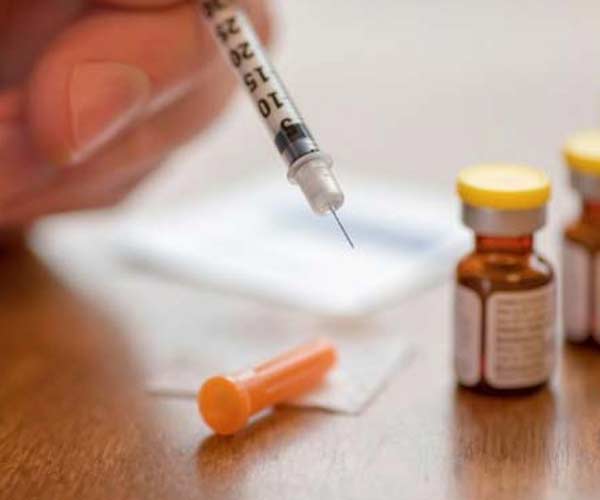Options for Weight Loss Certification for Nurse Practitioners
By Dr. Stephen Cosentino
PRESIDENT OF EMPIRE MEDICAL TRAINING
According to research by the Centers for Disease Control, approximately two in five adult Americans and one in five young Americans qualify as clinically obese. Obesity adds hundreds of billions of dollars to the country’s annual healthcare bill — between $150 and $250 billion, depending on who you ask.
For patients affected by obesity, losing weight and keeping it off can be a life-affirming experience that improves quality of life and reduces the risk of illness and death. It’s no wonder the weight loss market is growing rapidly.
Physician assistants and nurse practitioners (PAs and NPs) are very often primary points of contact for patients seeking to lose weight. If you’re an NP looking to work at a weight loss clinic, here’s what you need to know about your medical weight loss training options.
Weight Loss Certification for Nurse Practitioners — Best Options
The best weight loss certification programs for nurse practitioners are accredited courses that blend didactic (classroom) instruction with hands-on demonstrations by experienced providers.
These courses may occur online, in-person, or in a hybrid setting. Choose the format that makes the most sense for you, keeping in mind that hands-on training may be necessary to earn certification for procedures like Coolsculpting® and SculpSure®.
Look for training providers that offer complementary instruction on related medical and aesthetic topics, like microdermabrasion, laser hair removal, and PDO thread lift training. Helping people look and feel their best means treating the whole patient, after all.
What to Expect From Medical Weight Loss Training
A comprehensive medical weight loss training program for NPs should teach everything you need to know about medically supervised weight loss. That means covering topics like:
- The physiological basis for obesity and the conditions that can cause it
- The relationship between weight and nutrition, physical activity, and behavior
- Best practices for long-term weight management in patients qualifying as overweight or obese
- Instruction in specific weight management treatments, such as micro infusion fat burner shots
- Guidelines for integrating obesity treatment into an existing medical practice
Medical weight loss training programs for NPs should also provide attendees with the latest clinical research and evidence-based instruction materials, either as course prerequisites or as supplements for attendees to review at their convenience. The American Association of Nurse Practitioners’ practice brief on pharmacological management of clinical obesity is a great resource for NPs entering the medical weight loss space, for example.
Benefits of Medical Weight Loss Training
Why should you enroll in a medical weight loss training program as an NP?
The answer depends on where you are in your career, where you practice, your patient population, and your professional preferences. But learning how to manage weight has some clear benefits to consider:
- Incorporating primary care obesity management into an existing practice, expanding its offerings and attracting new patients
- Giving you the option to strike out on your own and start an obesity specialty practice group
- Adding another area of expertise to your repertoire, positioning you as a recognized expert who might be in demand at national conferences and medical education trainings
- Learning treatments and best practices that may improve other areas of your practice
If you’re ready to take the next step in your NP career and you love helping patients look and feel better, medical weight loss training could be for you.


